TechLegalExperts
If you wish to publish a post, send us your blog here for review
Investigator: Stefan Heiss
Authors: Hoang Pham, Tanvi Kohli, Emily Olick, Llano Imani Nokuri, Anya Weinstock, June 29, 2024
Authors: Dora Petranyi, Katalin Horváth, Márton Domokos
Authors: Scott A. McKinney, Rachel Landy, Rachel Wilka
Authors: Ryan Long, March 17, 2023
Authors: Jesse Anglen
In the rapidly evolving landscape of artificial intelligence, our legal frameworks face the challenge not only to keep pace, but also to propel the best, most socially valuable technologies forward. While numerous bills and regulations aim to restrict AI use and mitigate risks, regulation and public debates...

Responding to the threat that biased health care artificial intelligence (AI) tools pose to health equity, the US Department of Health and Human Services Office for Civil Rights (OCR) published a final rule in May 2024

Early this year, we began to explore the potential of supervisory AI agents as “intelligent alarms” for generative AI integrations in legal workflows. We consider that supervisory AI agents provide multi-prong risk mitigation by behaving both as a guardrail and continuous monitoring for legal professionals that use generative AI in their work processes.

The advent of blockchain technology has given rise to a revolutionary concept in the world of legal agreements: smart contracts. These self-executing contracts, with the terms of the agreement directly written into lines of code, offer numerous advantages, including efficiency, transparency, and security.

Practicing lawyers knows that Rule 1.1 of the ABA Model Rules of Professional Conduct requires that “a lawyer shall provide competent representation to a client” and that this duty “requires the legal knowledge, skill, thoroughness and preparation reasonably necessary for the representation.”

Earlier this year, in Belgium, a young father of two ended his life after a conversation with an AI-powered chatbot. He had, apparently, been talking to the large language model regularly and had become emotionally dependent on it.

The metaverse collects vast amounts of data about its users, including their movements, preferences, and interactions. This raises concerns about privacy and data protection, especially if this data is used for monetising through targeted advertising. As the metaverse becomes more widely used, it is likely to become a target for cybercriminals.
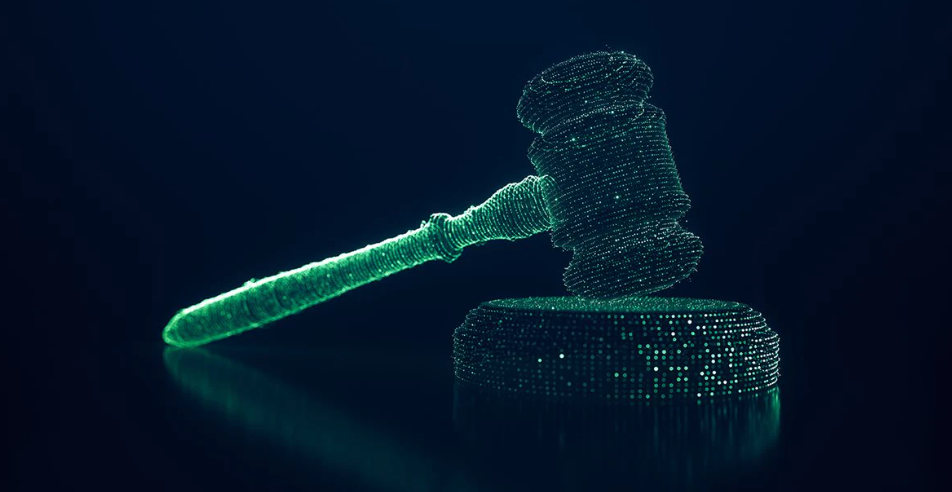
The significance of the legal issues raised by the metaverse has crystalized in importance with the advent of generative-AI tools such as ChatGPT. As the space grows and is further defined and built out, and as companies, as well as governments, political subdivisions, and nongovernmental organizations establish larger digital footprints, digital twins, and virtual experiences...

Are you curious about extended reality technologies and how young people can meaningfully engage with them? Interested in learning how these technologies might help promote well-being, learning, and self-expression? Would you like to understand some of the challenges these technologies present for youth?

The EU AI Act sets out horizontal rules for the development, commodification and use of AI-driven products, services and systems within the territory of the EU. The draft regulation provides core artificial intelligence rules that apply to all industries. The EU AI Act introduces a sophisticated ‘product safety framework’ constructed around a set of 4 risk categories.

The following is an educational toolkit from the BKC Policy Practice on AI that includes a case study, a teaching note, and a background primer. Collectively, they comprise a toolkit that can illuminate some of the challenges in moving from AI principles to practice.

Over the past several years, technologies based on artificial intelligence (AI) have started changing our daily lives. Innovations are rolled out at an accelerated pace, not only in professional working environments but also at home and in schools. In some parts of the world, AI is already enhancing the field of education by enabling a more customizable approach to teaching and learning.
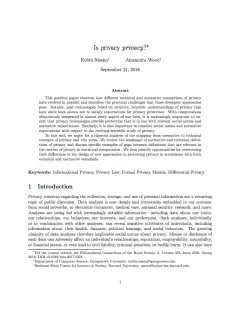
This position paper observes how different technical and normative conceptions of privacy have evolved in parallel and describes the practical challenges that these divergent approaches pose. Notably, past technologies relied on intuitive, heuristic understandings of privacy that have since been shown not to satisfy expectations for privacy protection.
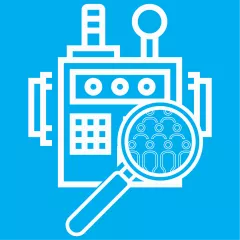
Artificial intelligence (“AI”) is changing the world before our eyes. The promise of AI to improve our lives is enormous. AI-based systems are already outperforming medical specialists in diagnosing certain diseases, while the use of AI in the financial system is expanding access to credit to borrowers that were once passed by.
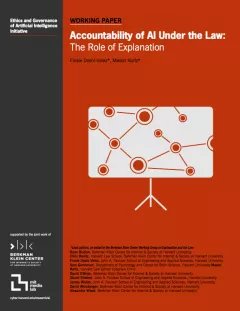
The ubiquity of systems using artificial intelligence or "AI" has brought increasing attention to how those systems should be regulated. The choice of how to regulate AI systems will require care.

Souvent utilisés dans le cadre de la technologie blockchain, et notamment la plateforme Ethereum qui en a déployés plus de 44 millions depuis 2015, les smart contracts, ou contrats intelligents, ne sont pas des contrats à proprement parler. Du moins, au sens strict du terme.
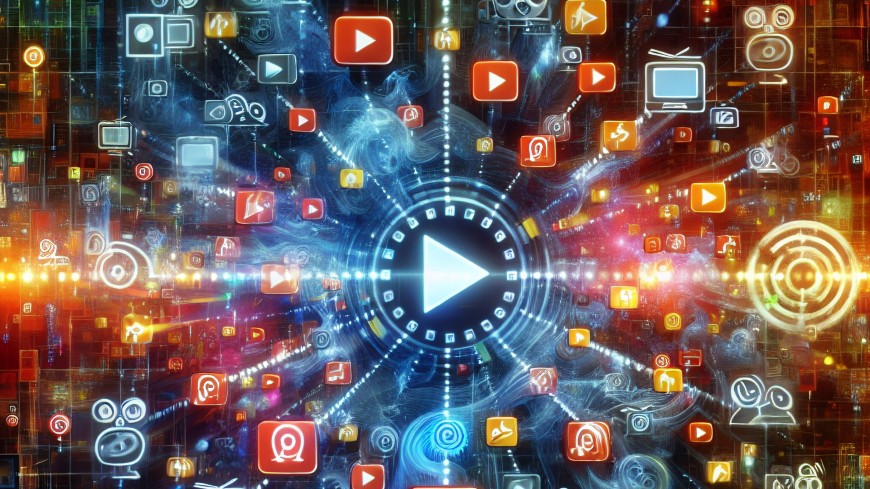
L’Observatoire européen de l’audiovisuel publie une nouvelle analyse approfondie de l’utilisation et de la régulation des algorithmes dans le cadre du droit de l’UE. Comment le droit européen peut-il garantir la transparence dans l’univers opaque des algorithmes ?

La technologie de la blockchain et les contrats intelligents sont en train de bouleverser le monde du droit. À l’ère du numérique, ces innovations pourraient bien transformer radicalement la manière dont les contrats sont établis et exécutés. Mais quelle est la portée réelle de cette révolution juridique ?

La possibilité de générer et de modifier des contrats instantanément sur la base de documents existants marque profondément le secteur juridique ces dernières années.

L’intelligence artificielle se trouve au cœur de la digitalisation des métiers du droit ; en particulier au sein des entreprises, dans les directions juridiques. Le quotidien des juristes est transformé par ces technologies, qui les libèrent de tâches souvent fastidieuses...
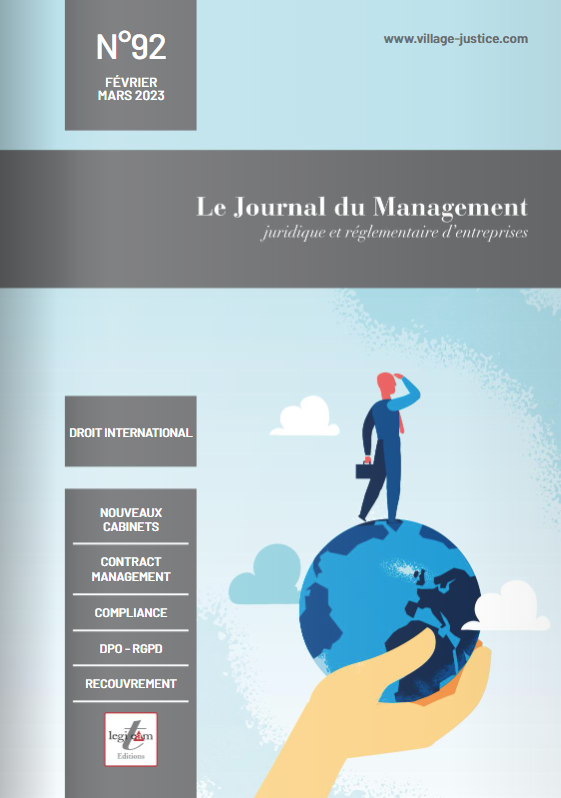
Alain Bensoussan présente le socle réglementaire sur lequel reposent les Algorithmes et systèmes d’IA en Europe dans un numéro spécial consacré au Droit International publié par Le Journal du Management Juridique d’entreprises.

Si l’année 2021 a été marquée par l’effervescence qu’ont pu procurer pour le grand public la découverte des NFT et l’aube des métavers, 2022 aura été l’année de la crise des cryptomonnaies et des NFT, ainsi que celle des difficultés rencontrées par Meta Plateforms

Bien que le métavers soit défini comme un ensemble virtuel dans lequel chacun peut avoir une existence personnelle et personnalisée grâce à un alter ego numérique, comment encadrer cette nouvelle « sphère privée virtuelle » ?
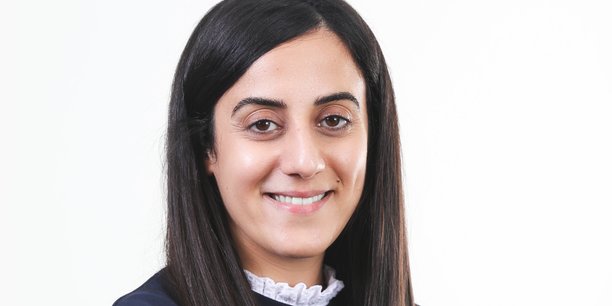
L'expression « métavers » n'est pas nouvelle. Elle est apparue il y a 30 ans dans le roman de science-fiction « Snow Crash » de Neal Stephenson. Cette notion vague fait référence à un nouvel espace. Il ne s'agit en effet pas d'un site de commerce classique ou encore d'une plateforme web de mise en contact.
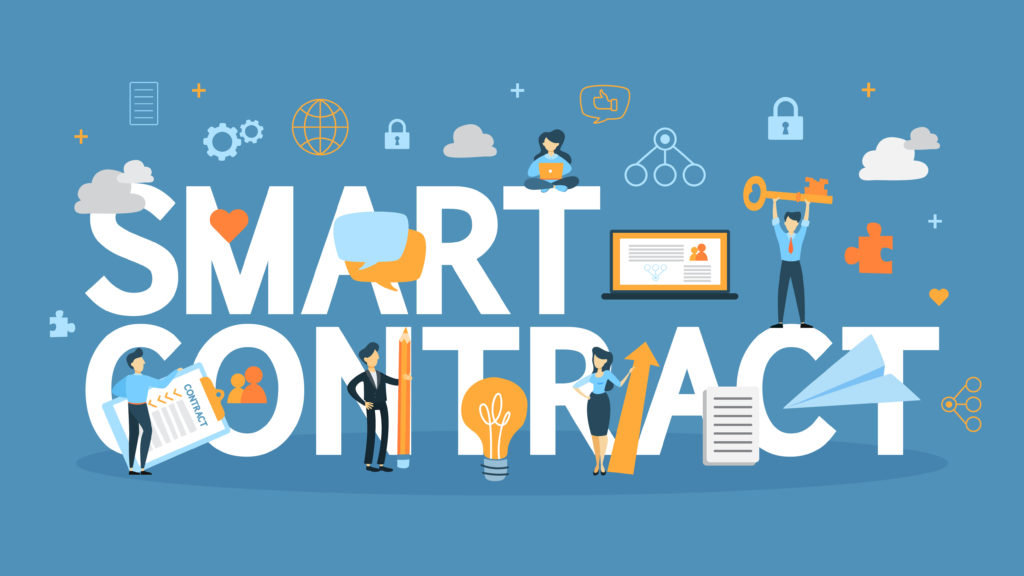
La notion de contrats intelligents, traduction de la notion américaine de smart contractscréée dans les années 1990 par Nick Szabo, connaît actuellement un essor important en raison notamment du développement des blockchains. De nombreuses sociétés vantent les avantages des smarts contracts.
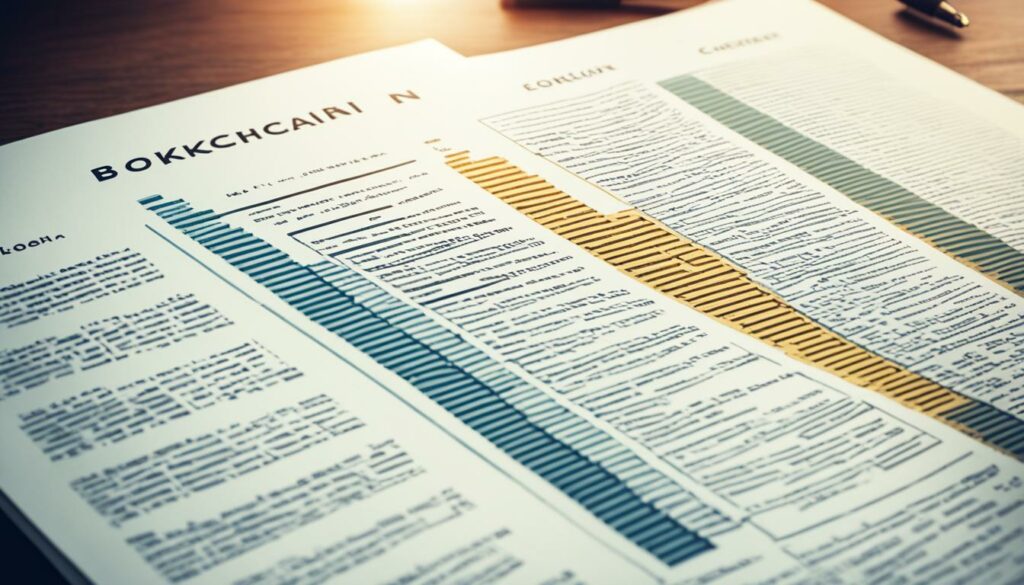
Dans cette section, nous allons explorer l’impact des blockchains sur les systèmes juridiques traditionnels. Nous discuterons de la technologie blockchain, des applications juridiques telles que les contrats intelligents, ainsi que de l’importance de la sécurité des données dans ce contexte.

Que ce soit pour négocier des contrats d'approvisionnement, des accords de partenariats ou des conditions de service, chaque accord commercial repose sur une négociation efficace.

Dans le cadre de la deuxième conférence que je donne aux Cafés Techno à Niort ce 25 juin 2018 en partenariat avec le réseau SPN, je publie à nouveau l’article que j’avais écrit il y a quelques mois sur les « smarts contracts, qui utilisent la technologie de la blockchain.
Authors: , 25 oct. 2024
Authors: Sherri Bennett 04/07/2024
Authors: Arnaud Billion and Mathieu Guillermin
Authors: Zoé Koray , 5 juillet 2023
Authors: Professeur Zakaria Garno, 5 juin 2024
Authors: Me Yoram Kouhana , 25 mai 2023
Authors: Paul Maier , 18 avril 2023
Authors: ,
Authors: Jennifer Ponton, Jacky Wong , 07 mars 2023
If you wish to publish a post, send us your blog here for review
DISCLAIMER: TechLegalExperts is not a legal or attorney website. All information provided on this platform is for informational purposes only and does not constitute legal advice or consultancy services . Get more information about this disclaimer.
LEGAL NOTICE: TechLegalExperts is a brand operated under the registered name “TechLegalExperts Portal” in accordance with its commercial license.